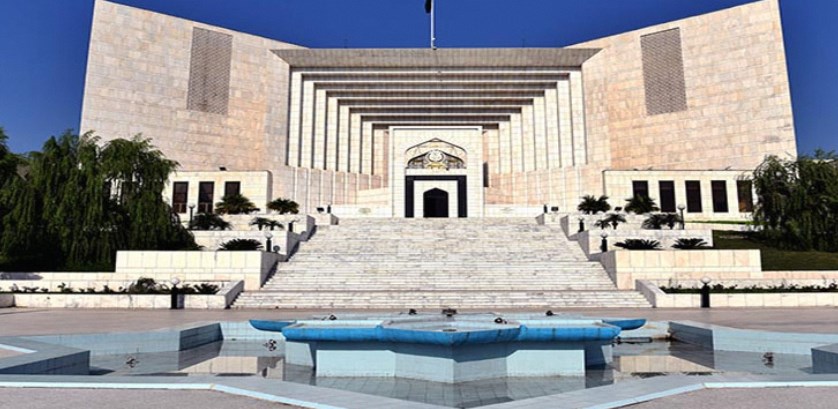
Government Considers Amendments to Supreme Court Practice and Procedure Act
Pakistan’s federal government has decided to introduce amendments to the Supreme Court Practice and Procedure Act, a development expected to stir significant debate in the judiciary and political arenas. The proposed changes aim to address procedural concerns that have emerged in high-profile cases, with government officials arguing that the current act requires revisions to ensure judicial efficiency and transparency.
Legal analysts suggest that the amendments are likely motivated by recent cases where procedural delays and legal ambiguities hindered swift judicial outcomes. The amendments are anticipated to include clearer definitions of case management, judge assignments, and improved regulations around the filing and hearing of appeals. Supporters of the proposed changes argue that these reforms will modernize judicial procedures, aligning them with international standards and enhancing the court’s overall efficiency.
Opposition parties, however, have voiced concerns over the potential politicization of the judiciary, suggesting that the amendments may be designed to exert government influence on the Supreme Court’s internal workings. Critics argue that changes to the practice and procedure act should be approached cautiously to maintain judicial independence.
With the amendments expected to be tabled in the coming legislative session, discussions around judicial reforms are likely to intensify. Whether the proposed changes will bring about the intended procedural improvements or lead to further controversies remains a key question as Pakistan’s legal community and political stakeholders watch closely.







